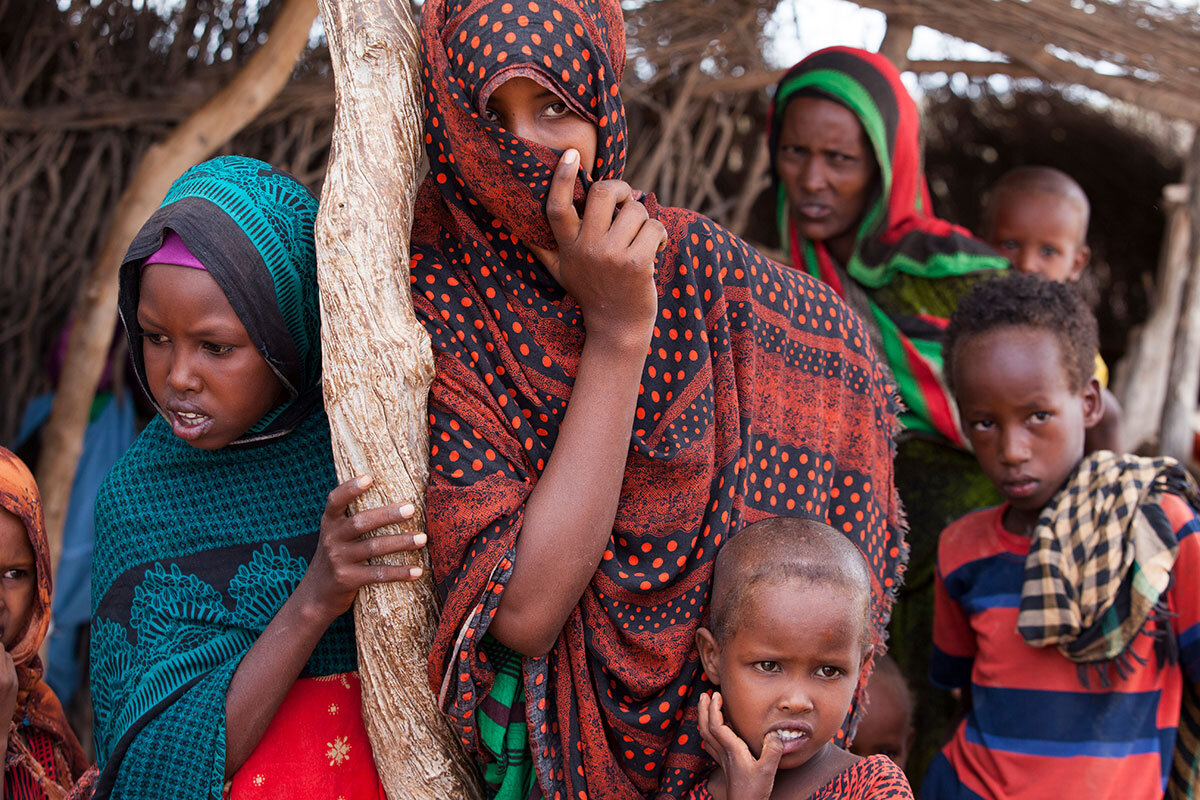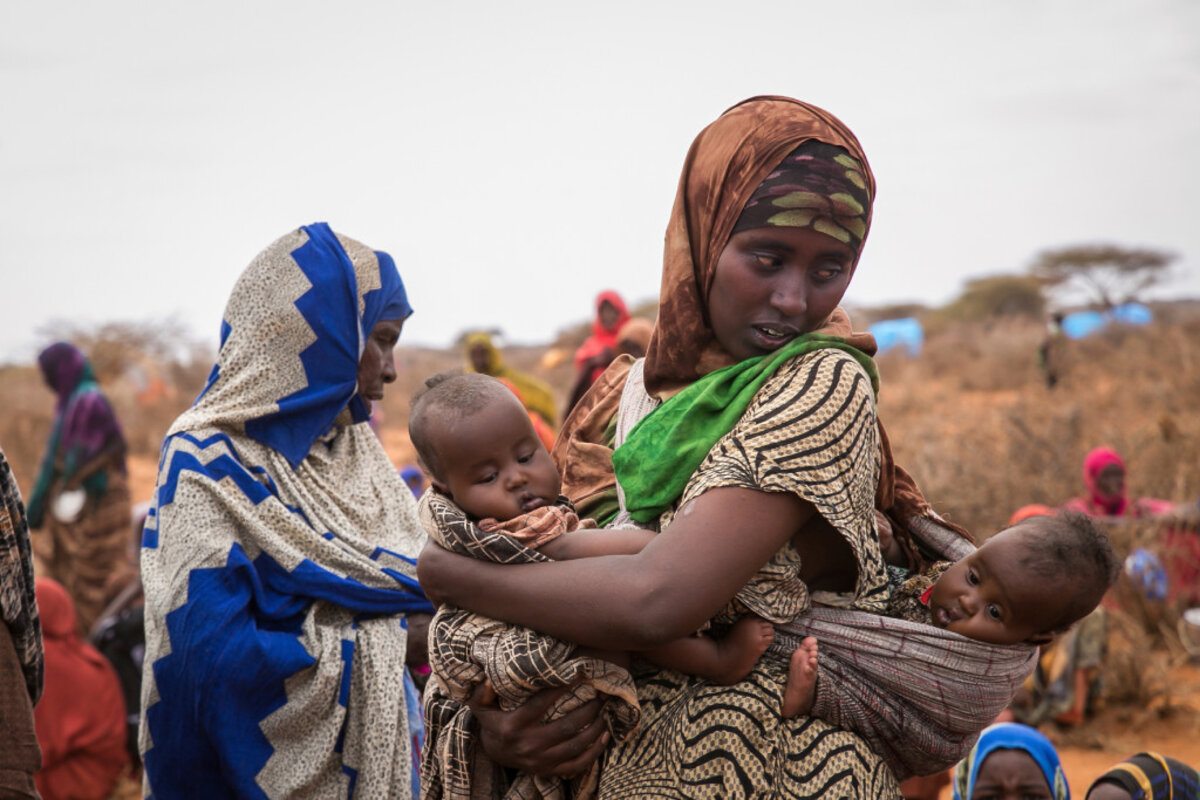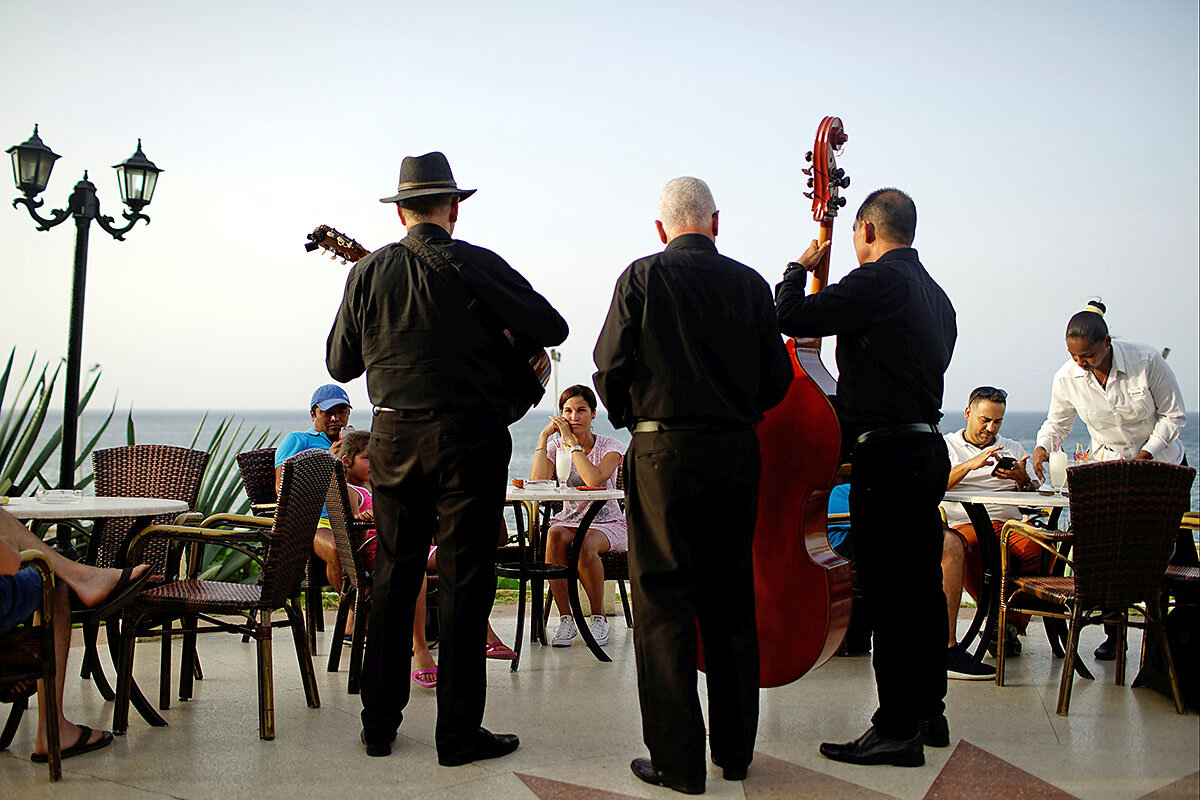Jared Kushner met with congressional investigators today and will do so again tomorrow to discuss meetings he had with Russian officials. A Congress showing rare unity over any Russian interference in the 2016 election is likely to keep pressing the conversation.
Monitor Daily Podcast
- Follow us:
- Apple Podcasts
- Spotify
- RSS Feed
- Download
 Amelia Newcomb
Amelia Newcomb
After staff writer Peter Ford wrote in February about the drought and famine threatening some 20 million people, readers’ responses confirmed what aid organizations have been saying: It’s not a well-known story.
That may seem surprising, given that aid groups have labeled the threat the largest humanitarian crisis since World War II. An independent poll commissioned by the International Rescue Committee found that just 15 percent of Americans, for example, had it on their radar. But there was good news, too: Once briefed, 73 percent considered it a top global concern. And they wanted to learn more.
So we decided to do more. Today, we’re launching a weeklong series, reported from Ethiopia, Madagascar, and Somaliland, that focuses on how communities are building the resilience they need to defend against cycles of drought and food insecurity.
We hope you’ll join us on this multimedia journey to see their faces, hear their voices, and listen to their concerns. These weren’t easy stories to report, logistically or emotionally. Our reporters spent months negotiating ponderous bureaucracies, suspicious governments, and last-minute roadblocks (we never were granted access to Yemen). Once they were on the road, they witnessed a sometimes daunting picture of need.
But they also saw initiatives that were encouraging. And that underscores why this crisis needs the world’s best thinking and assistance – and awareness.










